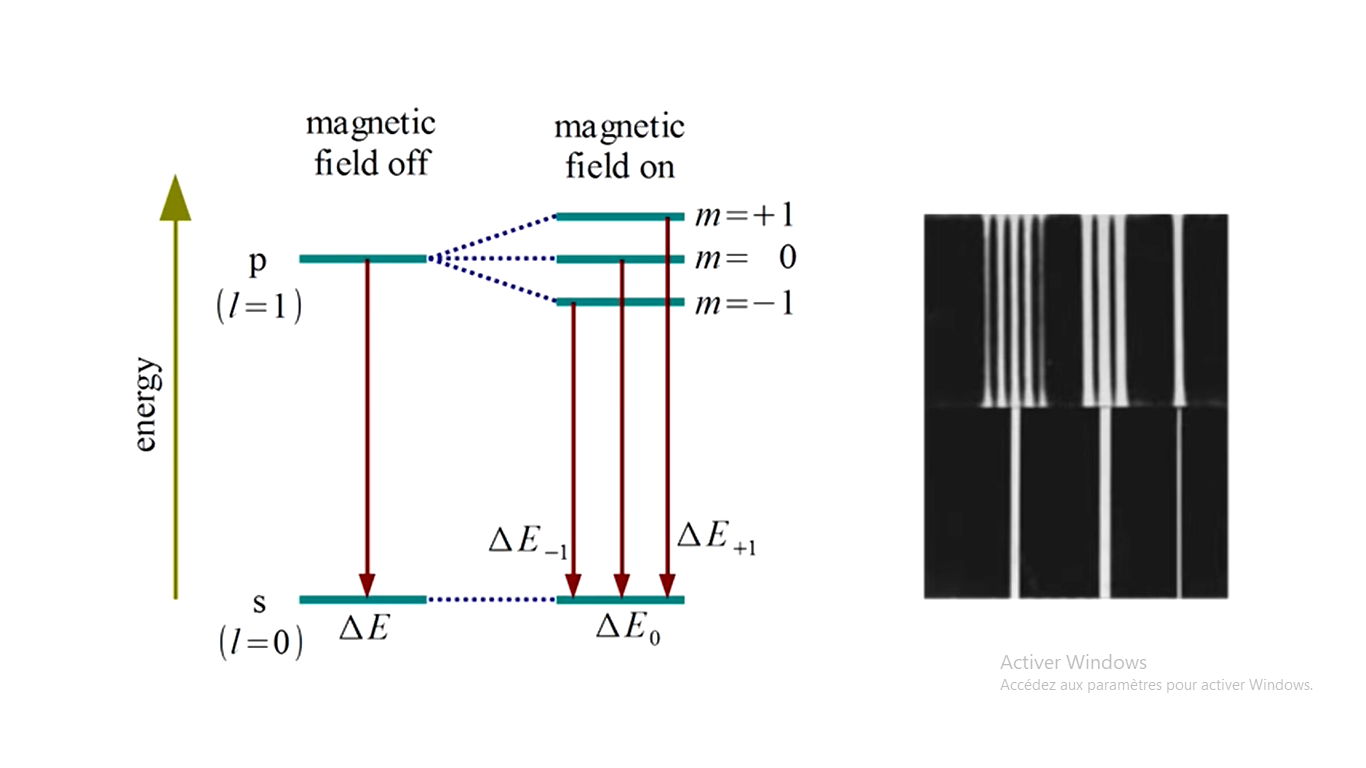معلومات المقرر

atomic physics, Scientific study of the structure of the atom, its energy states, and its interaction with other particles and fields. The modern understanding of the atom is that it consists of a heavy nucleus of positive charge surrounded by a cloud of light, negatively charged electrons. The physical properties of atoms are largely determined by the laws of quantum mechanics and quantum electrodynamics. The primary tools for the study of these properties are spectroscopy, particle collisions (see particle accelerator), and statistical models that simulate complex, many-body interactions (such as gas dynamics). A broad field, atomic physics has applications in the study of condensed matter, gases, chemical-reaction mechanisms, atmospheric science, lasers, nuclear physics, and the arrangement of elements in the periodic table.
- معلم: bachir bouhadef
